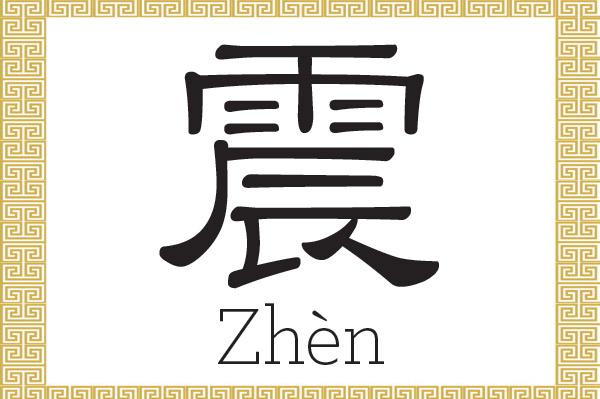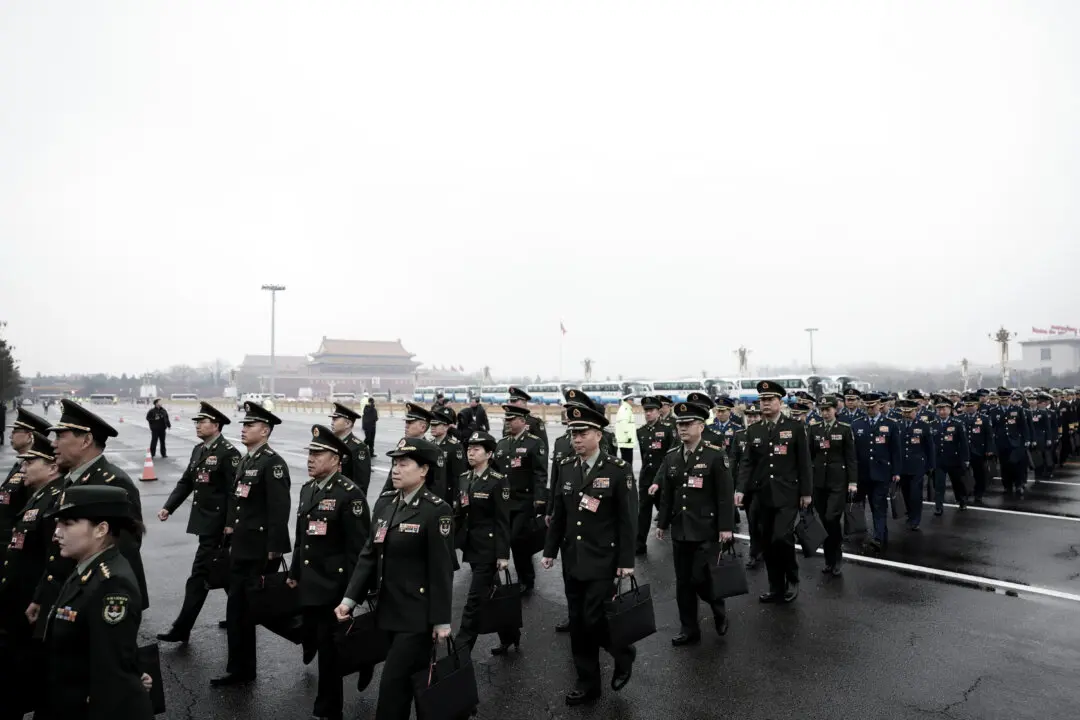The character 震 (zhèn) means to quake, shake, vibrate, or shock. The very basic meaning of the character 震 is the shaking caused by thunder.
It was reportedly first used in the ancient script in the Confucian classic “Chun-Qiu Zhuan” in the passage “zhèn yí bó zhī miào” (“震夷伯之廟”), [thunder] shakes the temple of Yibo.
The character 震consists of two parts. The upper part is 雨 (yǔ), the radical that indicates the meaning; the lower part 辰 (chén) indicates the pronunciation.
The character 震is combined with 地 (dì) (earth) to form the noun dì zhèn (地震), or earthquake. However, it is often used by itself to refer to an earthquake when connected with other characters in different compounds, such as 震中 (zhèn zhōng), epicenter, or 震級 (zhèn jí), earthquake magnitude.
The use of震as a common verb means to vibrate, as in 震動 (zhèn dòng).
The meaning of 震has also been expanded to describe emotional states, such as to be shocked, or very excited, or frightened; for example, 震驚 (zhèn jīng), to shock or amaze.
The historical use of the character 震 has been related to the imperial, the celestial, and the directional.
It is one of the Eight Diagrams of the Yi Ching, Book of Changes, representing “thunder” and the east direction.
Imperial representations include 震宫(zhèn gōng), the crown prince’s palace and 震業 (zhèn yè), the emperor’s achievements or career.
In ancient Buddhist scriptures that are translated into Chinese, zhèn dàn (震旦) refers to China, and is the transliteration of Sanskrit “Cinasthana” (the land of China).




